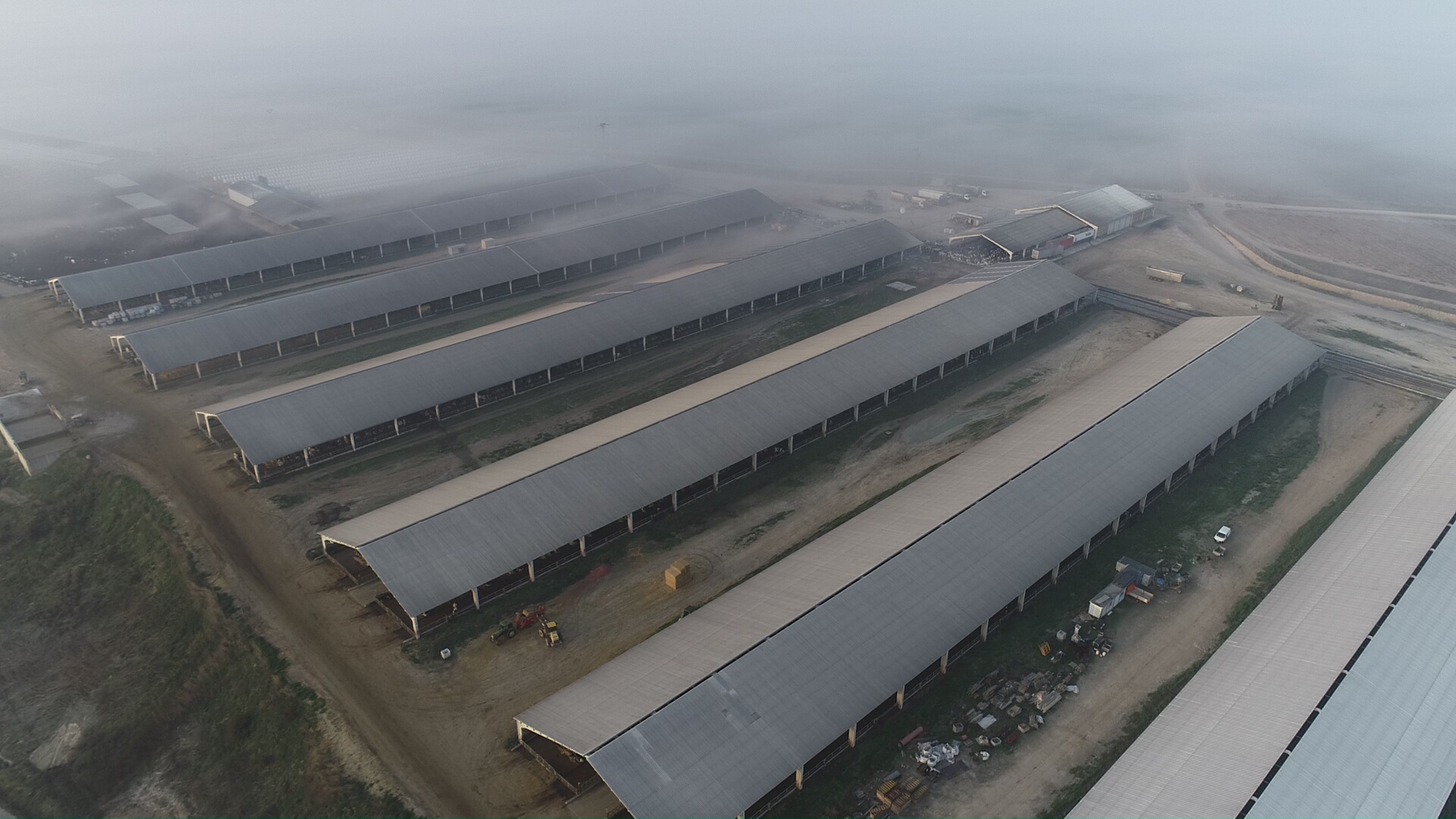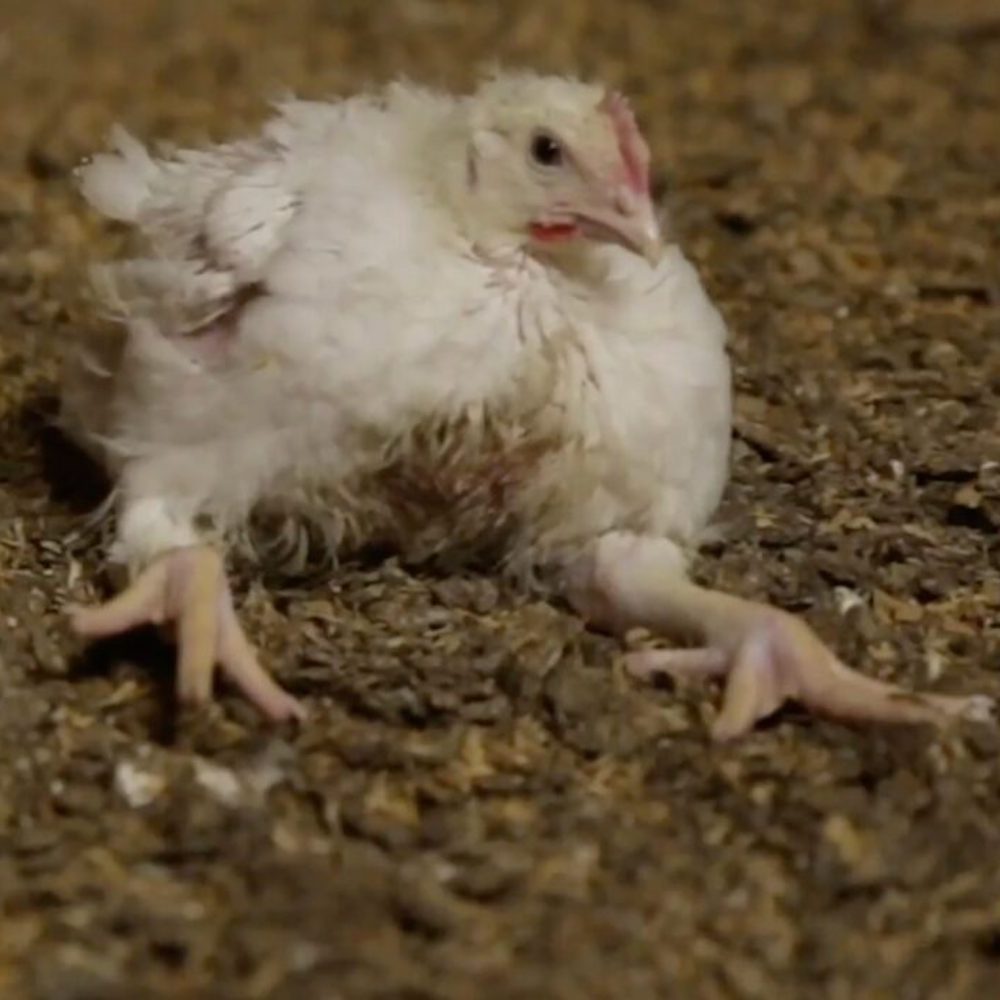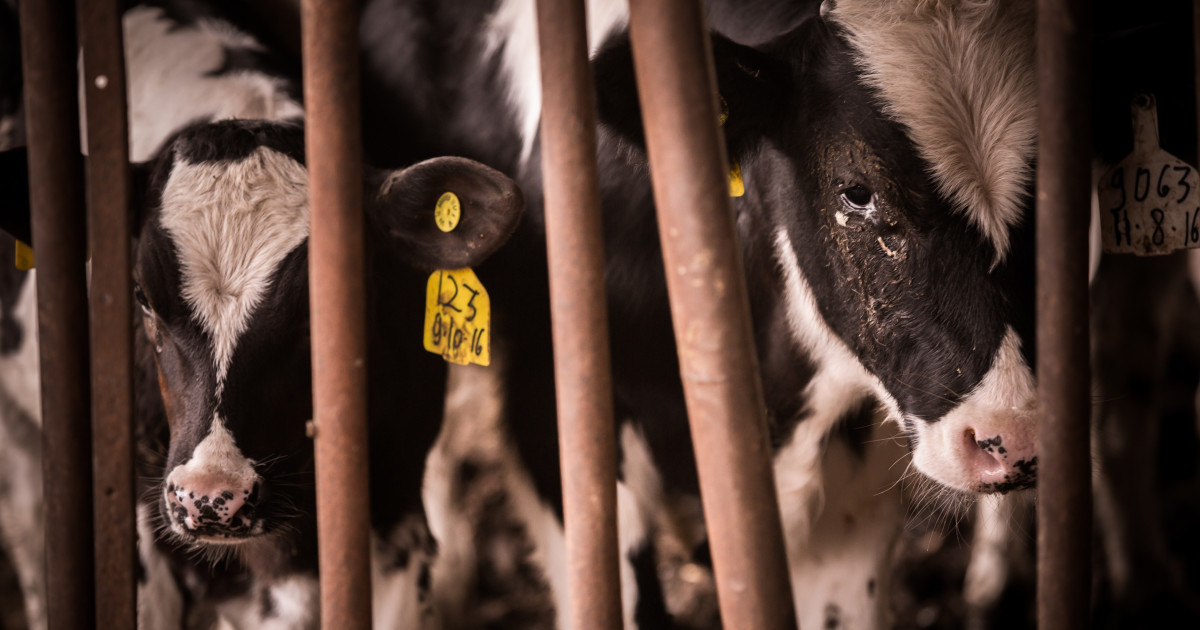Vegan or not to vegan. That is the question.
My aunt, uncle, and cousins are vegan, and they are one of the reasons why I became vegetarian in the first place.
Ever since I was little I have heard the controversy of veganism. Is it good for you? Is it not?
Let’s start off with what being vegan entails exactly. According to Google, it is “the practice of eating only food not derived from animals and typically of avoiding the use of other animal products.” Fun fact: some vegans don’t even eat honey.

Veganism has many benefits such as preventing cardiovascular disease, Alzheimer’s, and arthritis. It also helps maintain blood pressure and improve digestion. Like all plant based diets entail, becoming vegan means it is essential to take vitamins, whether it is B12, iron, zinc, or calcium. (I know I forgot to take my vitamins when I’m cranky.)
Some vegans eat meat-less products such “chicken-less nuggets,” “impossible burgers,” or even tofu, condensed soy milk pressed into blocks of different firmness, created by a process similar to cheesemaking. Julia Zumpano, a registered dietician explains, “[it’s] best to avoid chicken-less nuggets and plant burgers except for rare occasions when your options are limited.” This is due to the fact that they all contain soy.


Even though soy seems nutritious from the outside, I would consider all the facts. Soy contains isoflavones, which function as phytoestrogens (they attach to estrogen receptors in your body). Isoflavones are beneficial as they improve tiredness, irritability, decrease hot flashes, lower your risk of diabetes, and reduce the “bad” cholesterol (LDL) as well as total cholesterol.
However, isoflavones can have some negative effects as they are likely to increase and worsen breast cancer, potentially lower immune response, cause Kawasaki disease, harm the developing reproductive system, and have negative effects when taken with medications. In addition to isoflavones, soy has antinutrients that lower your body’s ability to absorb nutrients from food.
Soy has its ups and downs, but it isn’t at the heart of veganism. There are many other options that can serve as substitutes for soy products and protein such as beans, nuts, quinoa, grains, and so much more.

To sum it all up, going plant based doesn’t just help your health but it also prevents the harm and distress of animals. There are numerous benefits from becoming vegan or vegetarian, I just wouldn’t be eating a whole tofurky by yourself anytime soon.

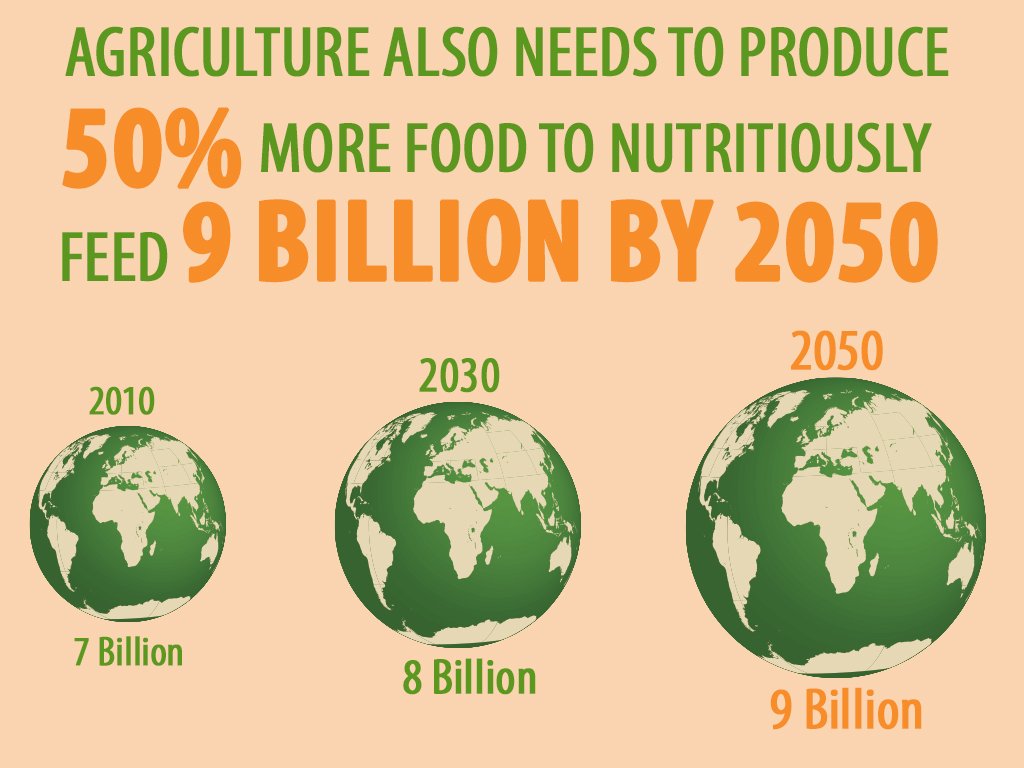
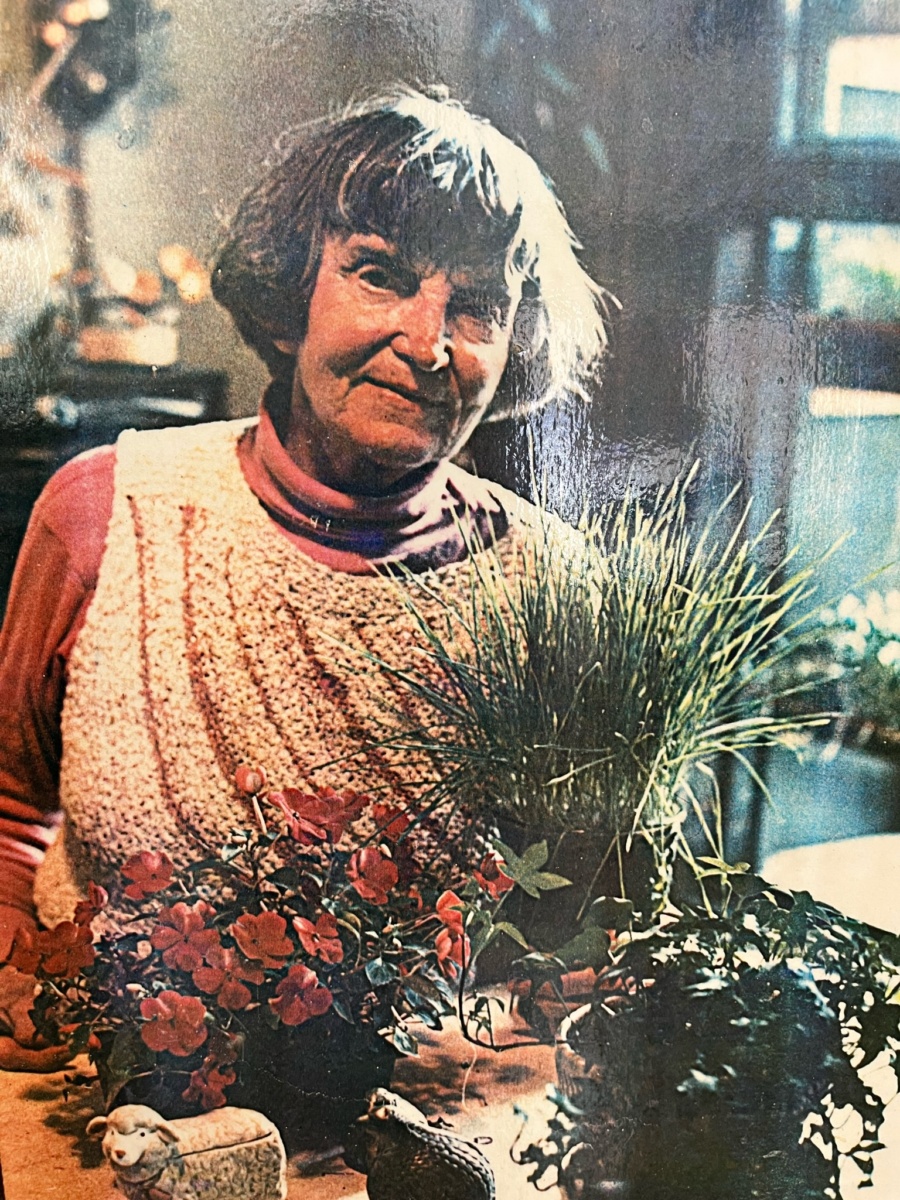
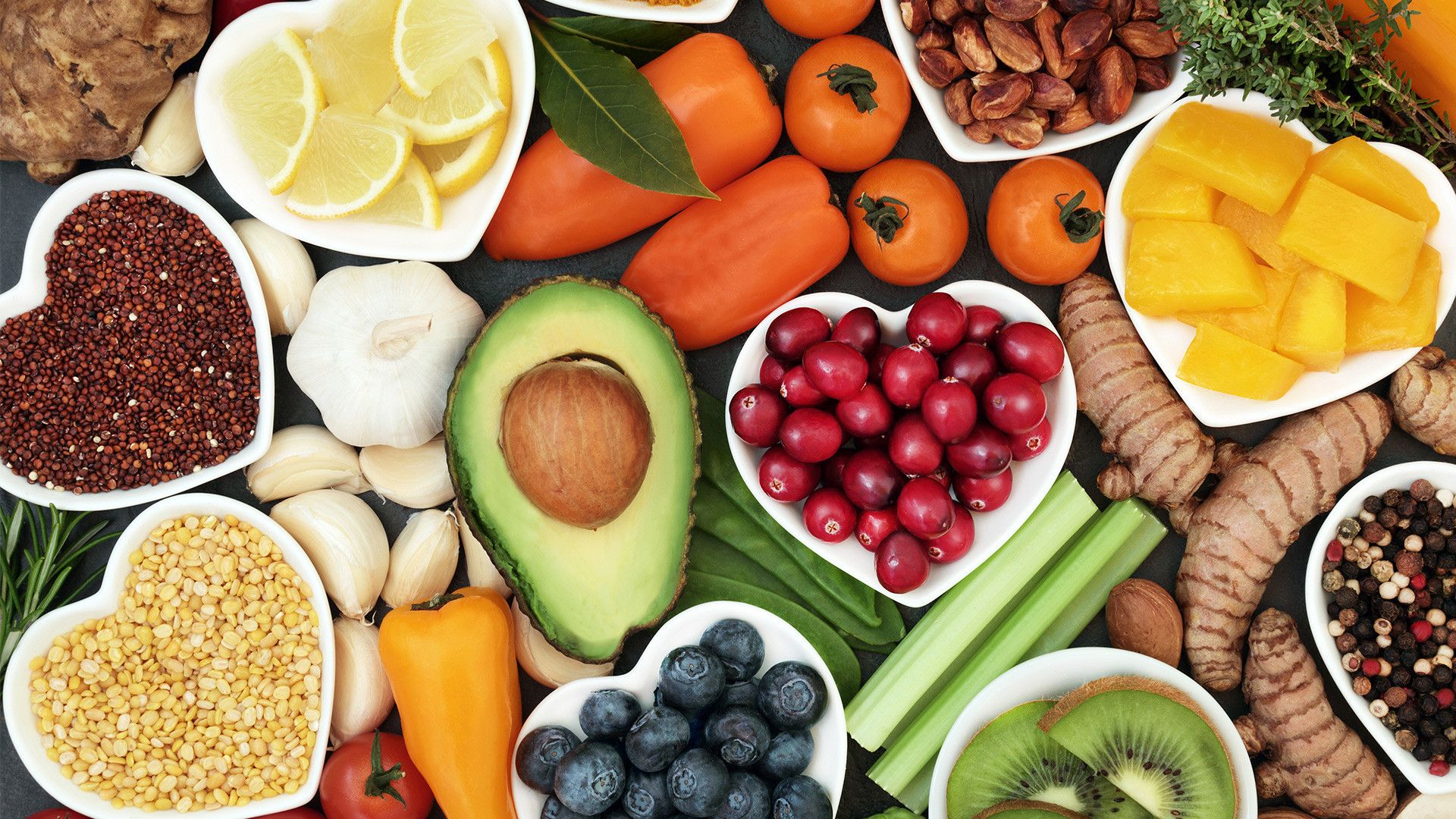

:max_bytes(150000):strip_icc()/__opt__aboutcom__coeus__resources__content_migration__serious_eats__seriouseats.com__images__2015__02__20150203-usda-poultry-flickr-5-2e7c2d43a6654700ae2a9ef765618495.jpg)
